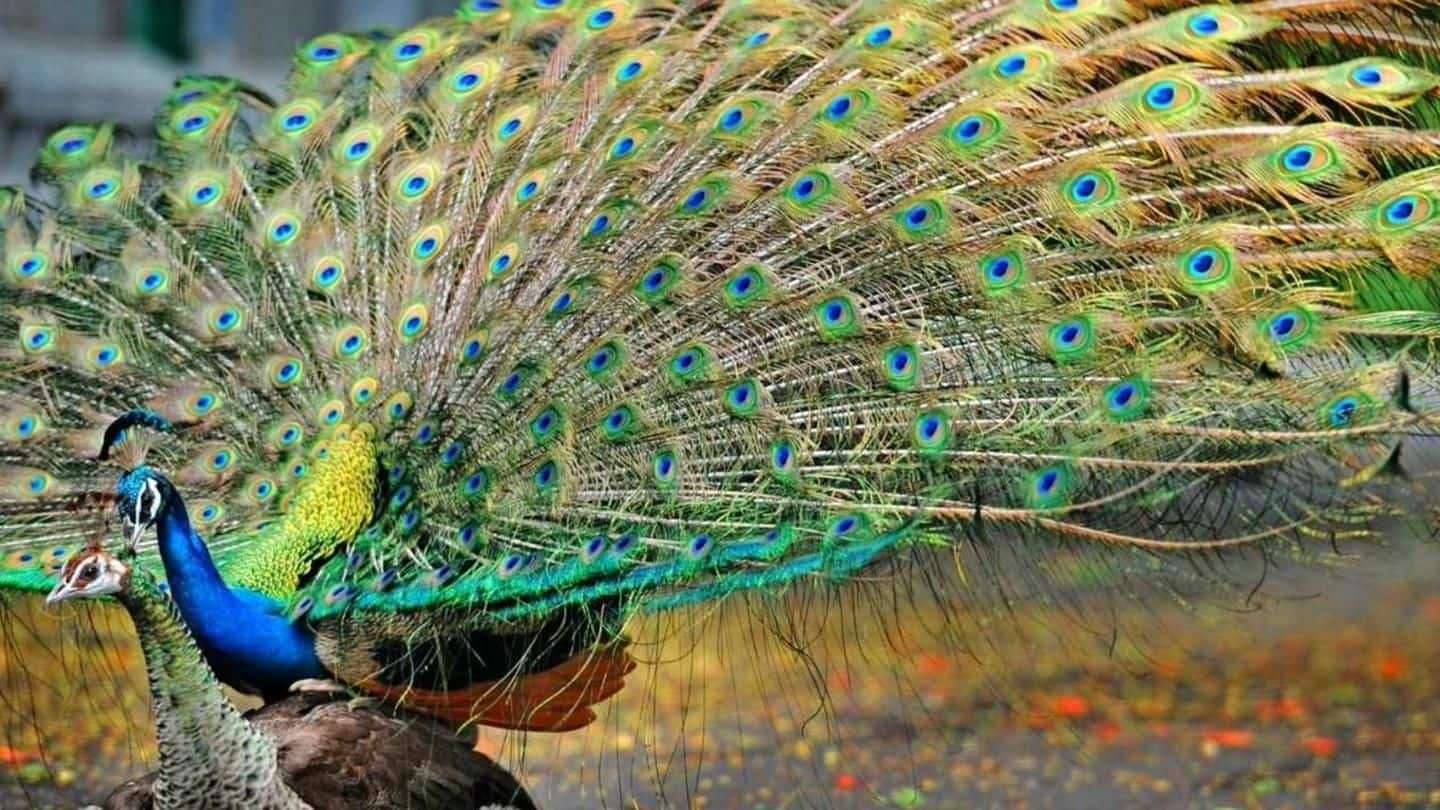
Delhi: Newcastle virus returns after 6 years; kills 22 peacocks
What's the story
Newscastle virus has again hit NCR, after a gap of six years, causing fatal infections in peacocks. Till now, 22 peacocks have died within a fortnight in Bhondsi, a Gurugram village, after getting infected by this virus. This was confirmed yesterday by Indian Veterinary Research Institute, Bareilly, after samples of the infected birds were sent for testing. Currently, 50 afflicted peacocks are undergoing treatment.
Steps taken
Infected Peacocks to be kept under observation, said authorities
District forest officer (wildlife) Shyam Sundar confirmed the development, adding that they have set up a temporary medical facility to treat the infected fowls. Meanwhile, they are arranging for medicines that'd expedite the treatment. Earlier, after the infected peacocks got treated, they were released in the wild. However, authorities have now decided the peacocks would be kept under observation till the outbreak is contained.
Information
Outbreak might be from unregistered poultry farms: Experts
The source of the outbreak may be the poultry farms that don't follow proper biosecurity practices like administering preventive vaccination to poultry, said experts. "We've reports that there are unregistered poultry farms and a chicken has also died in the area," an official said.
About
What is Newcastle virus? Who gets affected?
Virulent Newcastle Disease (VND) is a contagious disease that affects domestic and wild avian species. When a healthy bird comes in contact with bodily discharges of an infected bird, it might contract the virus. This is usually seen in birds in confinement, like poultry chicken. There's no treatment for the disease, but this virus can be destroyed by dehydration and exposure to UV rays.
More details
Does it affect humans? Find out more about Newscastle virus
Infected birds show signs like swelling around eyes and neck, greenish, watery diarrhea, rough- or thin-shelled eggs and reduced egg production. Other signs can be gasping, coughing, depression, muscular tremors, twisting of head and neck, circling and/or complete paralysis. Though it's transmissible to humans, it doesn't pose much danger. A person in constant touch with infected birds might get mild conjunctivitis and influenza-like symptoms.